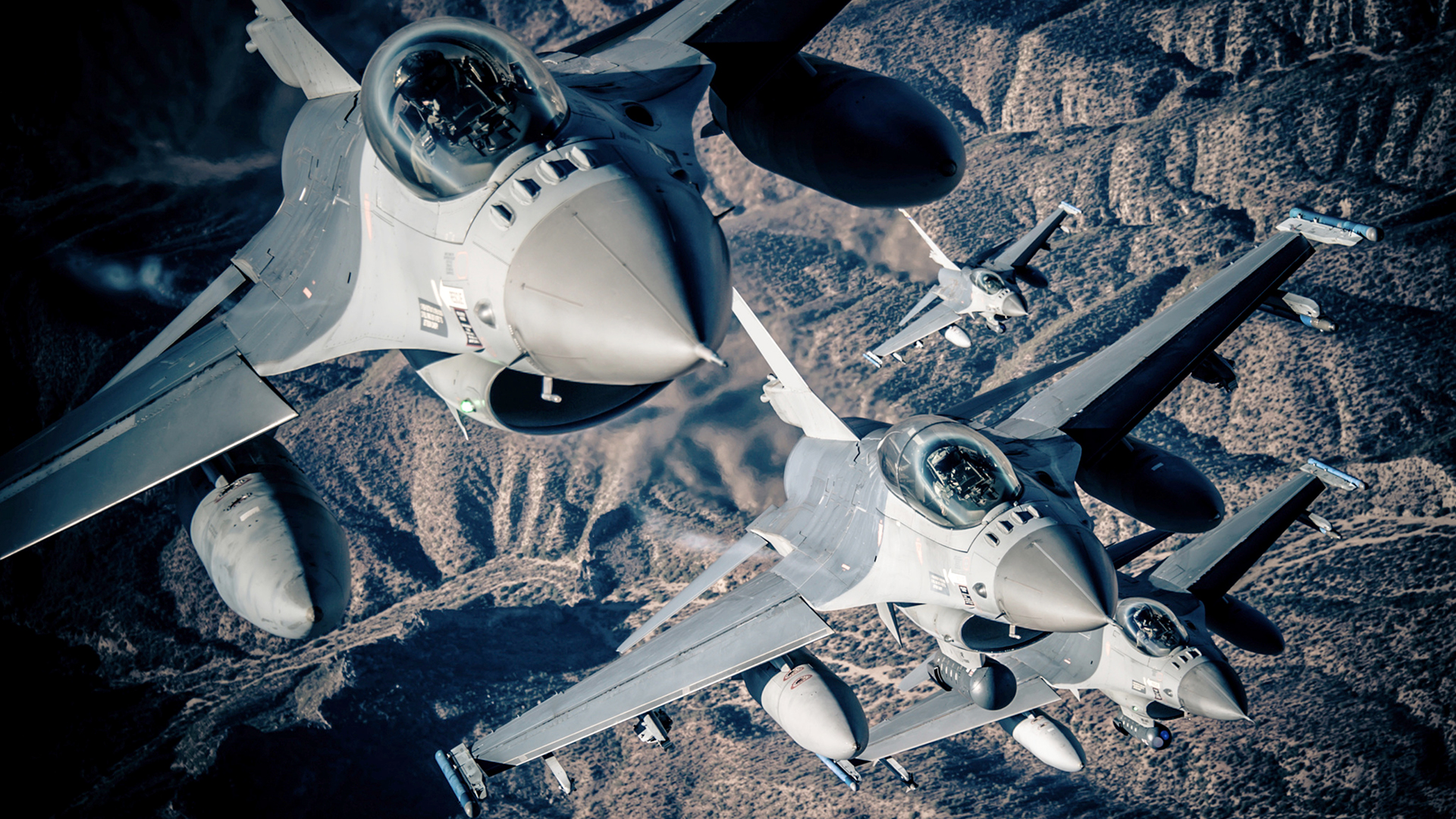Fourth-generation fighter aircraft continue to play critical roles in air forces around the world, even where operators are transitioning to more advanced fifth-generation platforms. The U.S. Air Force, for example, features more F-16s in its total force inventory than any other fighter aircraft type. The Viper’s future roadmap foresees it operating in an increasingly threatening battlespace and being tasked with tackling a multitude of complex mission sets.

Faced with extended life-expectancy and a need to address current and emerging threats, fighters such as the F-16 are being heavily modernized in order to remain relevant, ensure their survivability, and to bridge the gap between what armed forces currently operate and aircraft types that they need for future warfare.
“Adversaries are advancing their capabilities at unprecedented rates,” says Jim Conroy, vice president, electronic warfare and targeting at Northrop Grumman. “To maintain their operational relevance, the fourth- and fifth-generation fighter aircraft flown by the U.S. and international air forces need to consistently be updated with new capabilities over time.”
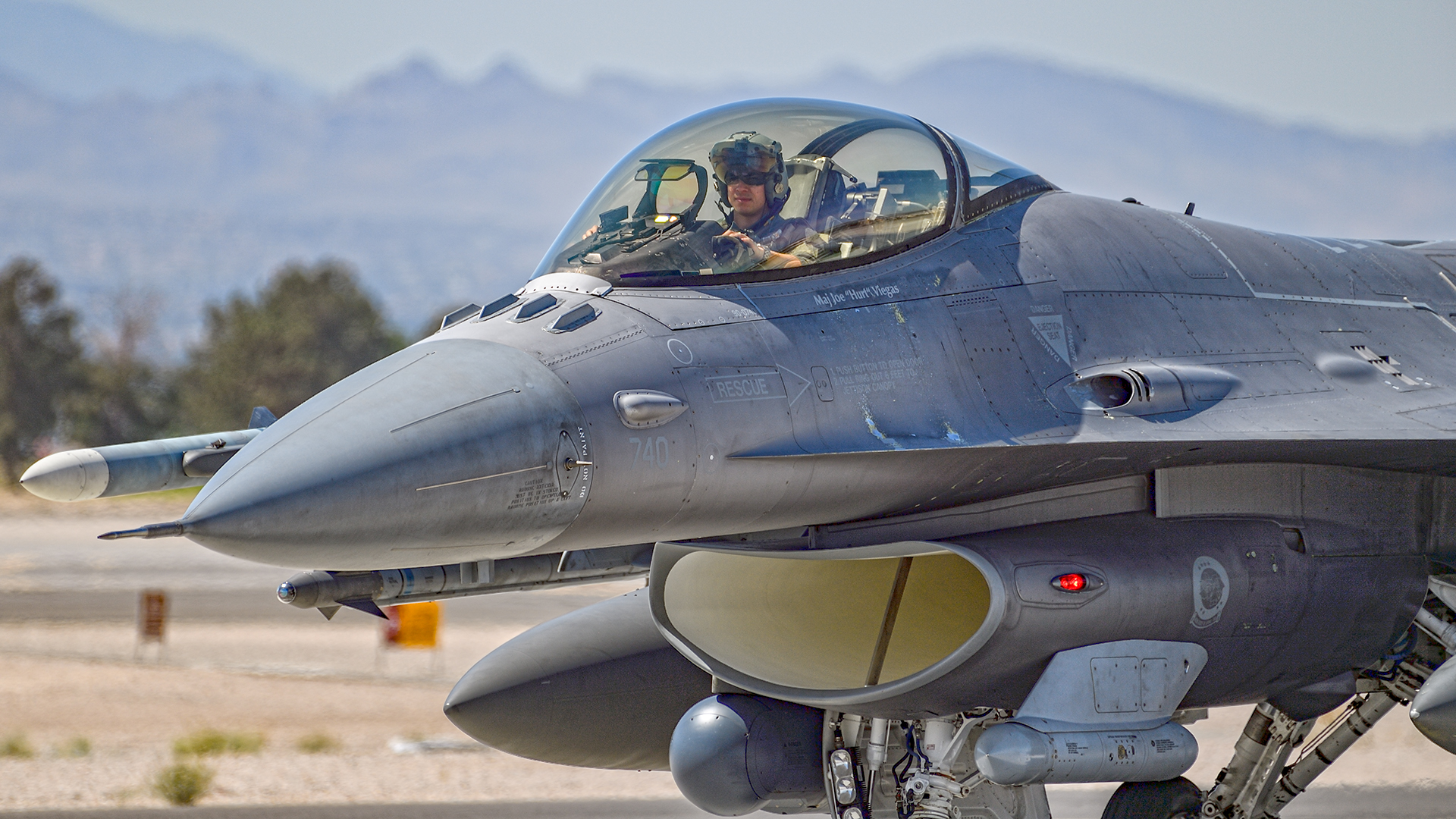
Northrop Grumman is continuously modernizing fourth-generation aircraft with advanced electronic warfare (EW), targeting and sensing capabilities for greater survivability, precision and resilience, while increasing interoperability across domains. They’ve developed, fielded, and iterated critical mission systems for the F-16 for more than five decades, and these upgrades have never been more relevant than they are today.
Since the F-16’s inception, Northrop Grumman has been the sole radar provider for the F-16, and its electronic warfare systems have served for decades on the platform.
“F-16 operators rely on our deep-rooted experience to provide advanced capabilities that meet their future demands,” says Lindsay McEwen, vice president, combat sensors at Northrop Grumman. “From mechanically-scanned (M-Scan) arrays to active electronically scanned arrays (AESA), and analog to digital EW systems, Northrop Grumman is no stranger to modernization, ensuring fleet sustainment and long-term operability for the F-16.”
Spectrum dominance for the fourth-generation
One key driver of modernization is the rapid growth in electromagnetic spectrum (EMS) warfare, where advanced electronic warfare and sensing capabilities are prerequisites for survivability and mission success. Northrop Grumman has addressed this need with their AN/ALQ-257 Integrated Viper Electronic Warfare Suite (IVEWS) and AN/APG-83 Scalable Agile Beam Radar (SABR).

“IVEWS was designed to give the F-16 capabilities on par with fifth-generation aircraft,” said Conroy. “It provides both situational awareness and countermeasures, and its ultra-wideband architecture allows it to see and defeat more radio frequency [RF] threats.”
“SABR has been an integral part of F-16 modernization, enhancing performance and bringing agility to the platform with every variation,” says McEwen. “SABR’s software-defined AESA technology requires fewer moving parts, providing reliability rates three-to-five times greater than traditional M-Scan radars. This translates to greater radar system availability and lower sustainment costs.”
While each system is highly effective as a standalone capability, their designs are also fully interoperable, which means IVEWS is able to provide protection without interfering with SABR. For aircraft equipped with SABR, the addition of IVEWS allows for full lethality without compromising survivability.
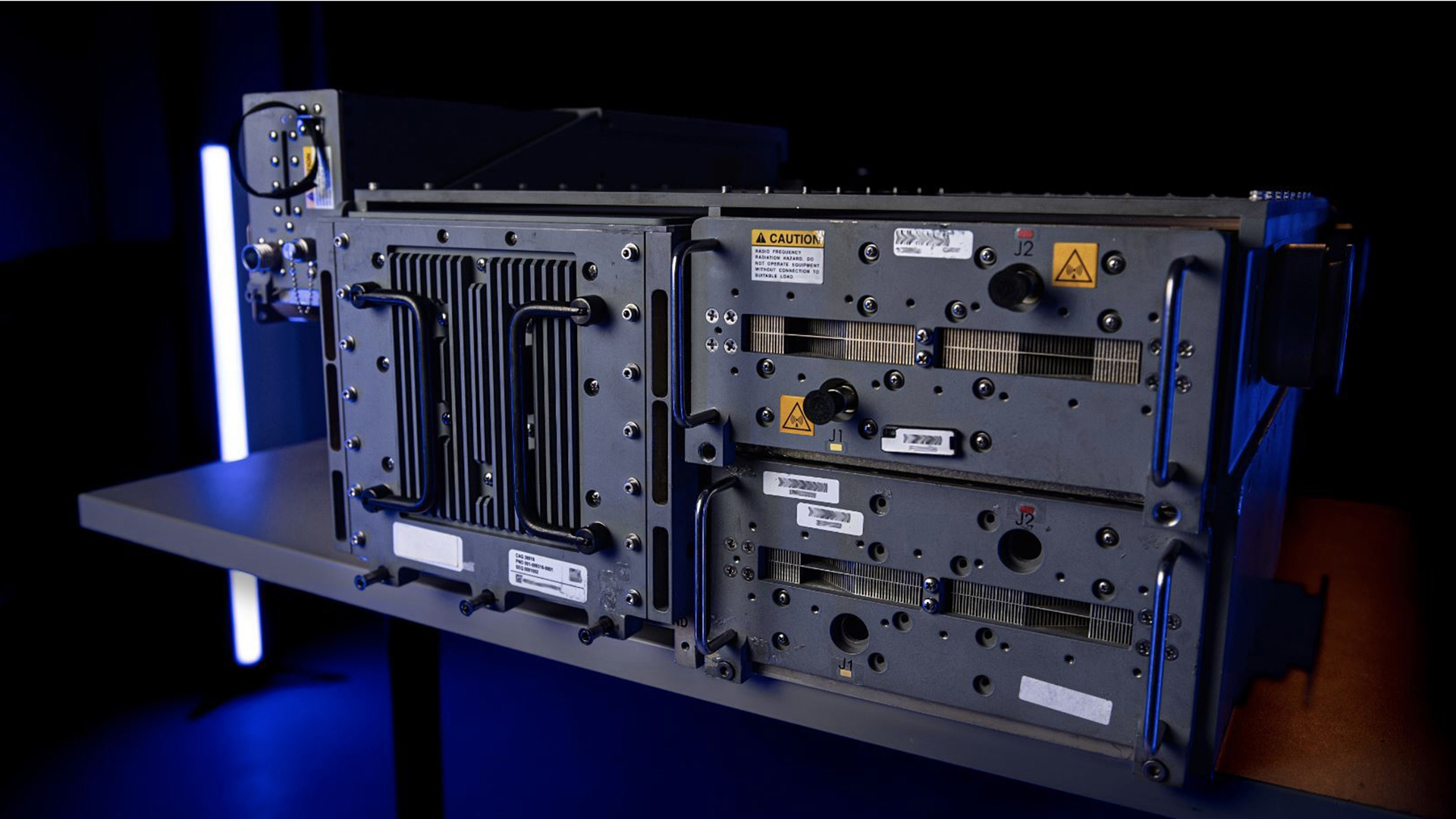
Every mission begins with survivability
“With modern threats on the battlefield, it’s possible for a pilot to be in the weapons engagement zone and not be aware of it,” says Conroy. “That is why it is so important for every platform to have robust electronic warfare protection against agile systems.”
Recent operational assessment flight tests on two U.S. Air Force F-16s that have IVEWS permanently installed demonstrated the ability of IVEWS to detect such threats. During more than 50 flight hours, IVEWS performed exceptionally well against both airborne and ground-based threats in a demanding electromagnetic spectrum environment, Conroy added.
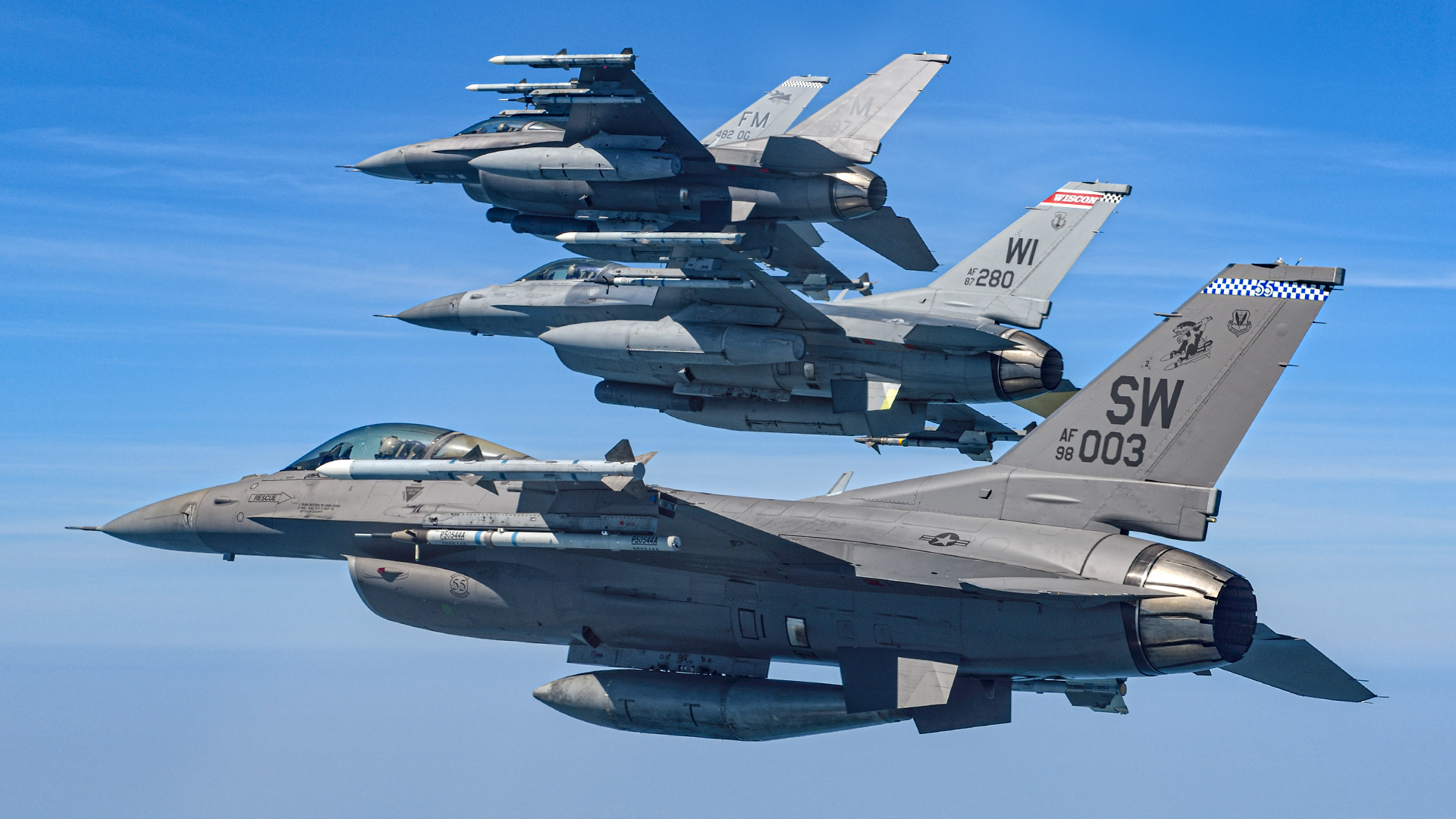
Critical for mission success, IVEWS provides a level of protection without interfering with the onboard AN/APG-83 SABR AESA. The two systems are digitally interoperable on a pulse-to-pulse basis, allowing for both IVEWS and SABR to operate simultaneously and at full capability during missions. In contrast, legacy systems used a blanking approach, which required one system to shut off briefly while the other operates – the electronic warfare system, for example, would be unable to detect threats while it is being blanked.
Northrop Grumman has applied its expertise in ultra-wideband architectures to the other side of EMS operations – sensing via advanced AESA technology.
Enhancing situational awareness to ensure air superiority
In dense, fast-paced, air combat environments, where visibility is often drastically obscured, it’s nearly impossible to get a full picture of the landscape. A platform’s radar is the sole system that can pierce through the chaos. As the battlespace becomes more contested, modernizing fourth-generation fighters requires upgrading to the latest radar technology – AESA.
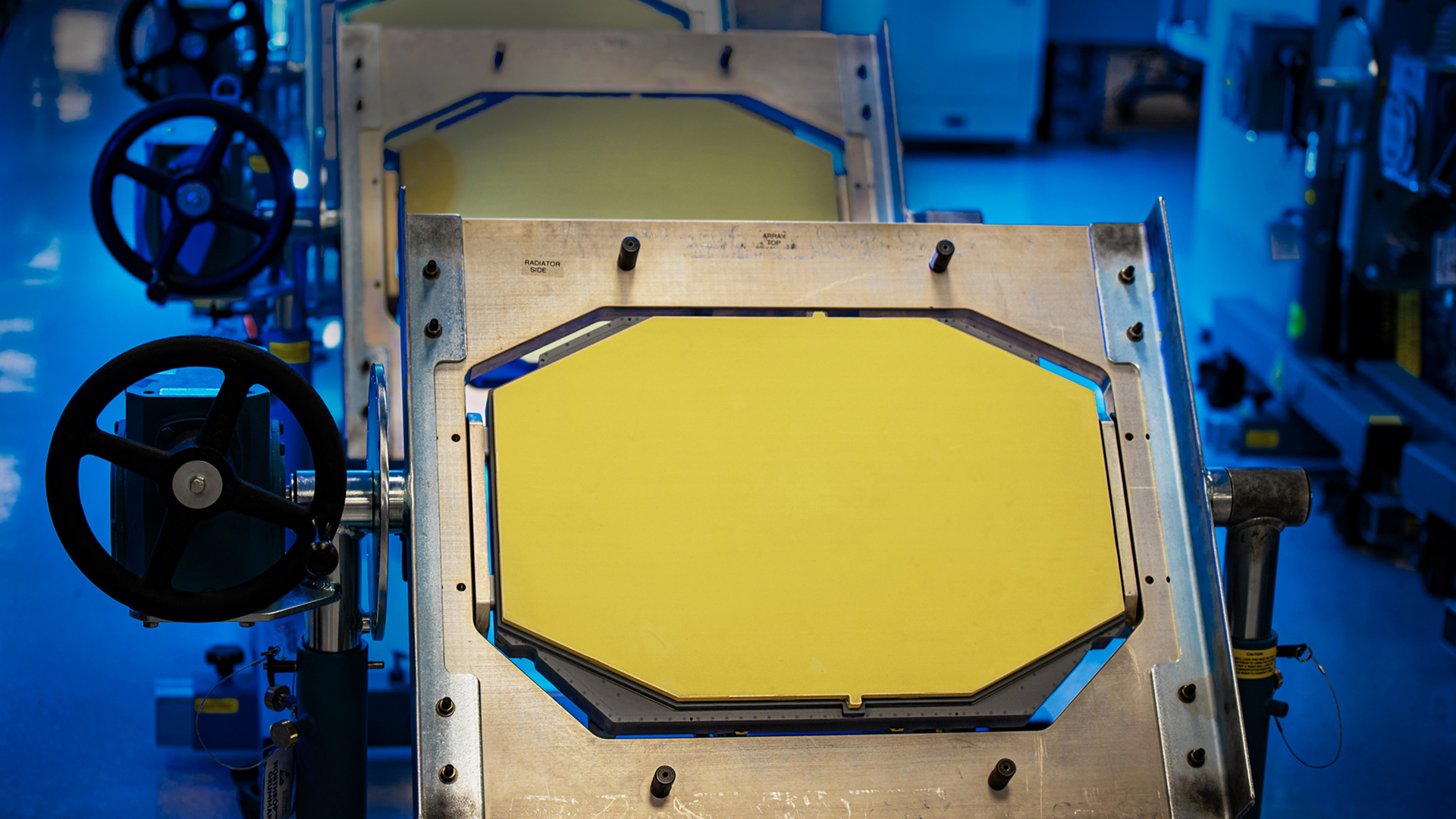
“Our industry-leading AESA technology brings SABR greater bandwidth to perform more accurately in hostile environments,” said McEwen. “Its long-range detection, rapid scanning, and high-resolution mapping greatly enhances situational awareness, allowing warfighters to make faster and more accurate decisions.”
Approximately 95 percent of SABR’s mode suite and hardware baseline design comes from Northrop Grumman’s highly successful fifth-generation AESA radars, including robust and proven electronic protection. This not only makes it a more sustainable and cost-effective platform, but the AESA software base enables interoperability with fifth-generation platforms, allowing real-time data sharing and collaboration. This is crucial in network-centric warfare where joint operations require a wider range of aircraft for mission success.
Seeing farther with electro-optical/infrared systems
To ensure pilots have necessary situational awareness and precise targeting capabilities throughout the spectrum, Northrop Grumman also provides the LITENING electro-optical/infrared (EO/IR) targeting pod. LITENING has been in operation for 25 years with over 900 pods in service on 10 different aircraft types, now including the U.S. Navy F/A-18 Super Hornet.
“The latest variant of LITENING, known as Large Aperture [LA], has six high-definition sensors that allow the pilot to see targets and threats in color and in three infrared bands: mid-wave, short-wave and long-wave,” explains Conroy. “The long-wave sensor will give the pod greatly enhanced air-to-air, passive targeting capabilities, and the best EO/IR situational awareness available to date.”
LITENING LA provides fighters that are carrying the pod a capability which can be used to work in conjunction with the radar and other onboard sensors to better ascertain airborne threats at long distances. This means fighters carrying the pods are able to accurately identify and track even stealthy threats passively, making them better able to engage them with their weapons, at long range, without giving away their presence.
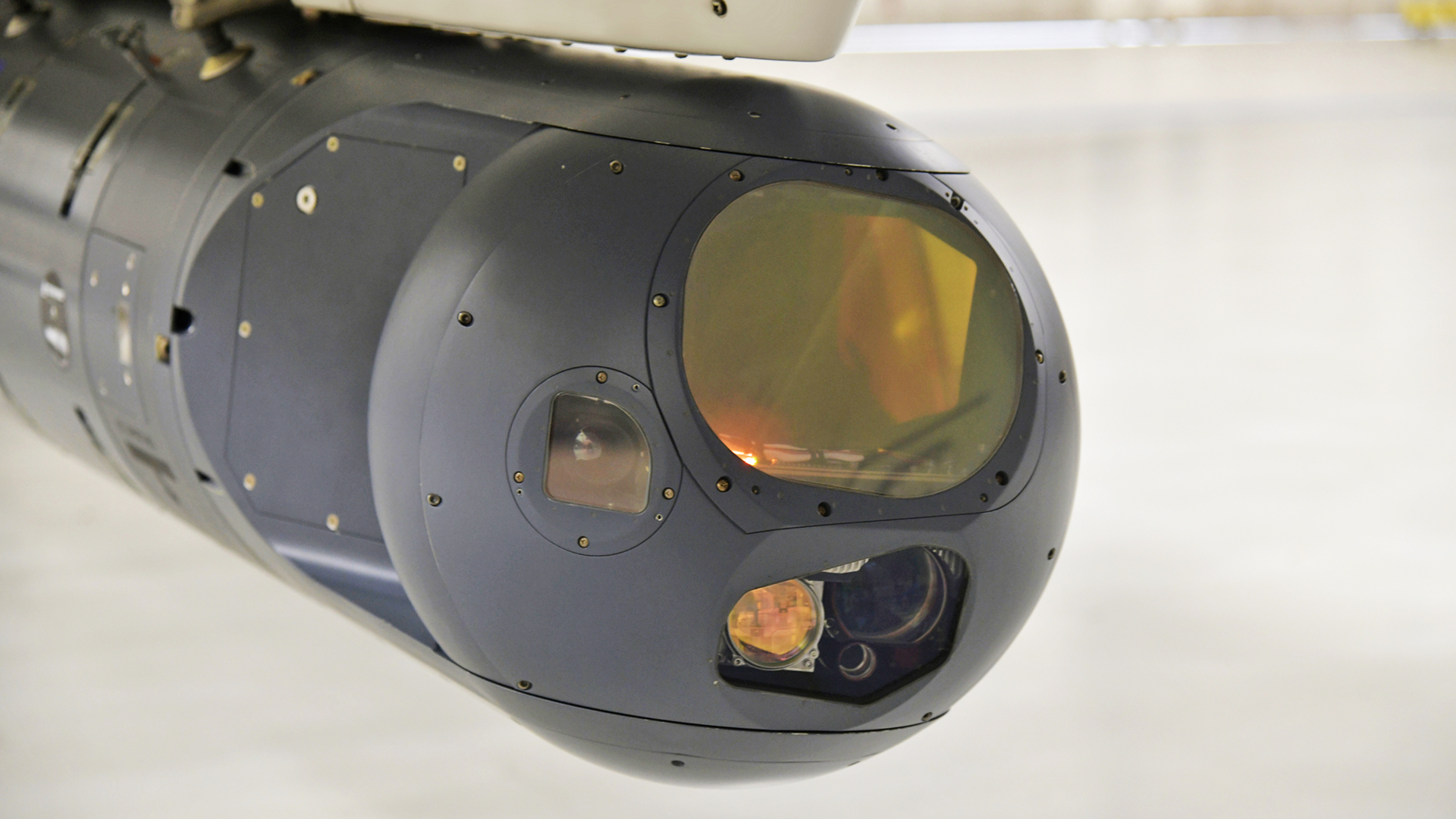
Staying on track with jam-resistant navigation systems
One threat pilots are likely to face in future conflicts is the degradation or jamming of GPS signals. Northrop Grumman’s LN-260M embedded global positioning/inertial navigation system, an upgraded version of the F-16’s current navigation system, is designed to enable aircrews to continue operations even when GPS is being jammed.
“The M-Code technology in LN-260M will give pilots a more secure, encrypted, and resilient, jam-resistant navigation signal,” says Conroy. “This system independently knows its location without the need for GPS.”
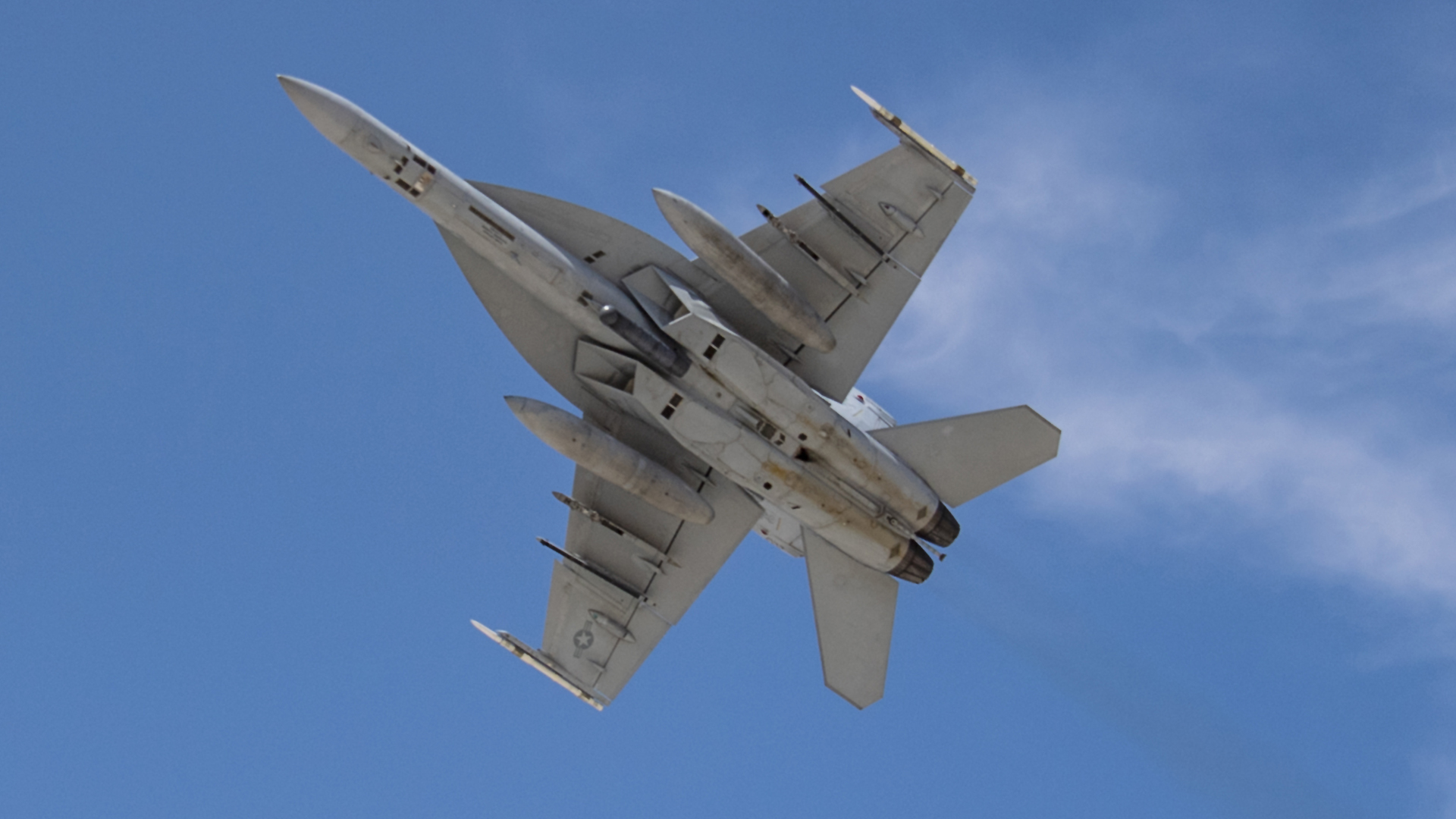
Maintaining fourth-generation relevance in the future fight
Air forces worldwide will rely on the F-16 as a core component in combat operations into the foreseeable future. Ensuring these platforms can carry out their missions in concert with fifth- and future sixth-generation aircraft will require an ongoing commitment to maintaining the combat readiness of the fleet.
By adding advanced systems that are affordable, small in size, low in weight, and efficient in power consumption (low-SWaP) and designed to leverage open architectures, fourth-generation aircraft are guaranteed to remain relevant over time.
Northrop Grumman’s advanced mission solutions such as IVEWS, SABR, and LITENING are keeping the Viper and other fourth-generation aircraft secure, survivable, resilient and ready for precise operations in the complex conflict scenarios of the future, ensuring warfighters return home safely.
Contact the author: jamie.hunter@teamrecurrent.io
